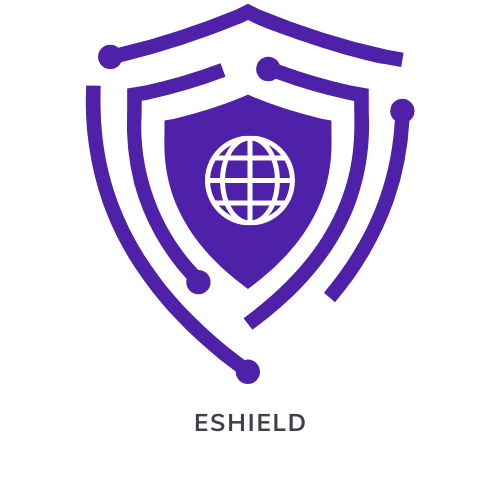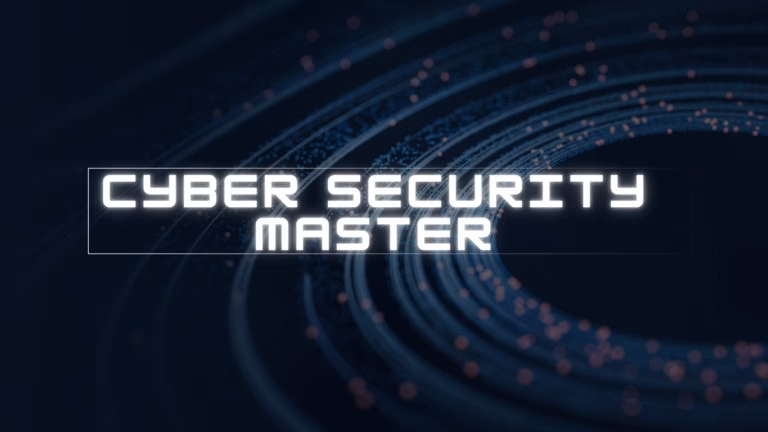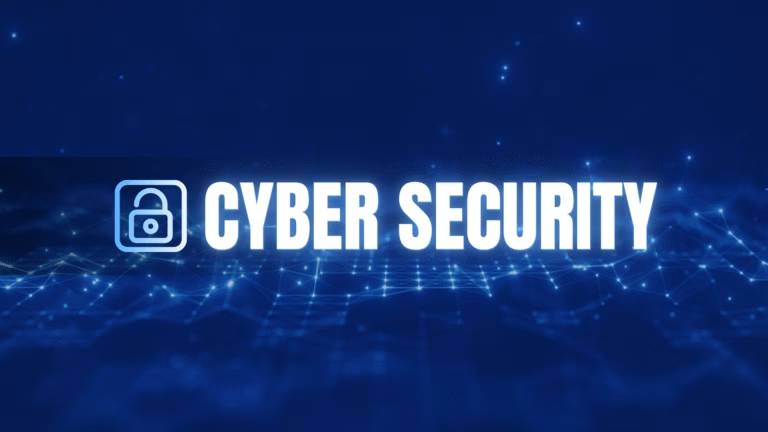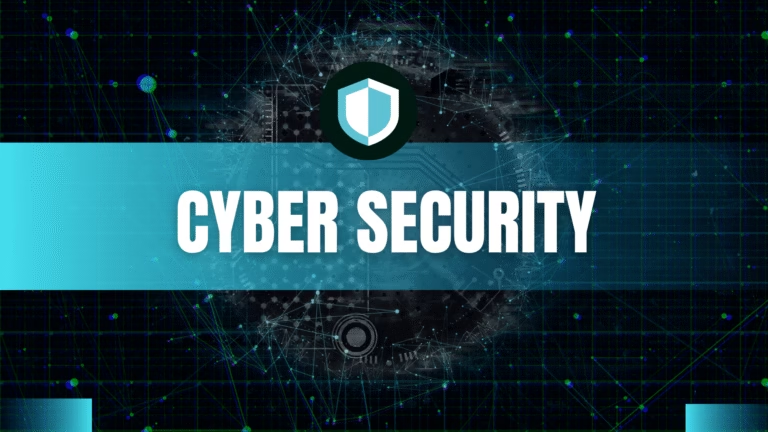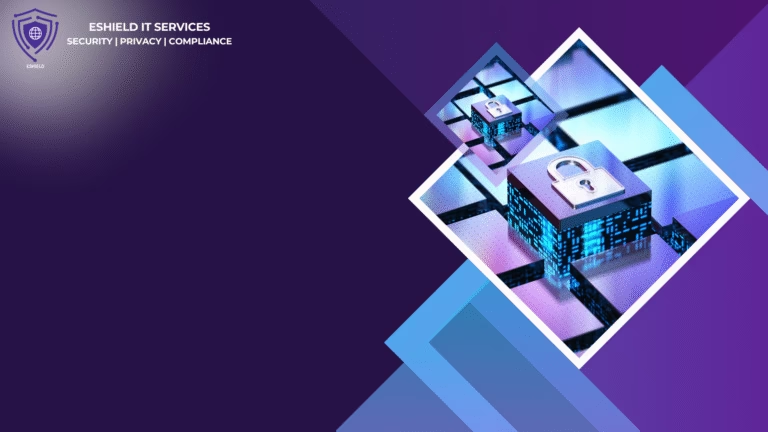How to Start a Career in Cybersecurity

1. Get educated:
Start by pursuing a degree in a relevant field such as computer science, information technology, or cybersecurity. Look for programs that offer courses specific to cybersecurity and consider earning certifications like CompTIA Security+, Certified Information Systems Security Professional (CISSP), and Certified Ethical Hacker (CEH).
2. Gain hands-on experience:
Look for internships, part-time jobs, or volunteer opportunities in cybersecurity to gain practical experience and build your skills. Join cybersecurity clubs or organizations to network with professionals in the field and stay updated on industry trends.


3. Build a strong foundation:
Familiarize yourself with the basics of cybersecurity, including concepts like network security, cryptography, ethical hacking, and incident response. Practice using tools like Wireshark, Metasploit, and Nessus to gain technical skills and experience.
4. Develop a specialty:
Cybersecurity is a broad field with many specialized areas, such as network security, penetration testing, and digital forensics. Identify your interests and strengths and focus on developing expertise in a specific area to stand out to potential employers.


5. Stay current:
Cybersecurity is a constantly evolving field, so it’s important to stay informed about the latest threats, technologies, and best practices. Participate in webinars, conferences, and workshops to expand your knowledge and stay updated on industry developments.
6. Network:
Build connections with professionals in the cybersecurity industry through networking events, LinkedIn, and social media. Attend cybersecurity conferences, workshops, and meetups to connect with potential mentors, employers, and peers.


7. Apply for entry-level positions:
Once you have gained some experience and developed your skills, start applying for entry-level positions in cybersecurity. Look for roles like cybersecurity analyst, security operations center (SOC) analyst, or security engineer to begin your career in the field.
8. Continuously learn and grow:
Cybersecurity is a field that requires continuous learning and adaptation to stay ahead of cyber threats. Pursue advanced certifications, attend training courses, and seek opportunities for professional development to advance your career in cybersecurity.

Developing Practical Skills in Cybersecurity

1. Coding:
Learning how to write and understand code is essential for cybersecurity professionals. Programming languages such as Python, Java, C++, and Ruby are commonly used in cybersecurity tasks.
2. Network analysis:
Understanding how networks operate and how data flows across them is crucial for detecting and preventing cyber threats. Tools like Wireshark can help you analyze network traffic and identify potential vulnerabilities.


3. Penetration testing:
Practicing ethical hacking through penetration testing can help you identify and address weaknesses in your organization’s systems and applications. Tools like Metasploit and Nessus can assist you in conducting penetration tests.
4. Incident response:
Being able to respond quickly and effectively to security incidents is a key skill in cybersecurity. Develop a framework for incident response and practice scenarios to ensure that your team is prepared to handle any cyber threats


5. Security administration:
Managing security controls and configurations across your organization’s systems and networks is essential for maintaining a strong cybersecurity posture. Learn how to implement and maintain security policies, access controls, and monitoring systems.
6. Threat intelligence:
Keeping up-to-date with the latest cybersecurity threats and trends is crucial for protecting your organization from potential attacks. Utilize threat intelligence feeds and resources to stay informed about emerging cyber threats and vulnerabilities.


7. Cryptography:
Understanding how encryption and decryption techniques work can help you secure your organization’s data and communications. Learn about common cryptographic algorithms and how they can be used to protect sensitive information.
8. Security risk assessment:
Conducting risk assessments to identify potential security threats and vulnerabilities in your organization’s systems and processes is an important skill in cybersecurity. Develop a risk assessment methodology and regularly assess and prioritize security risks.
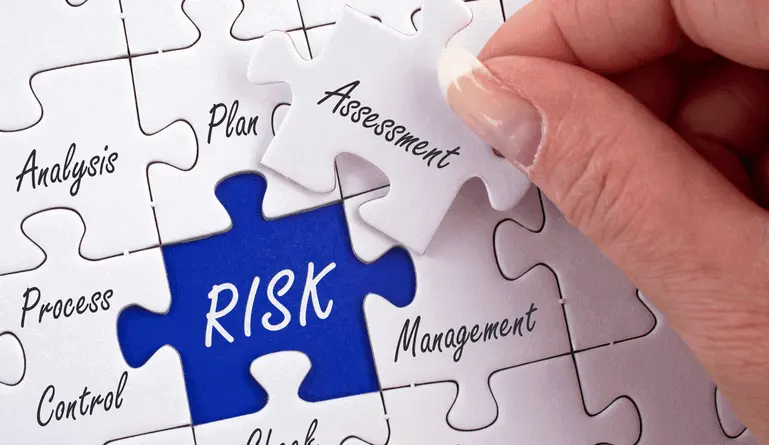

9. Security awareness training:
Educating employees about cybersecurity best practices and raising awareness about potential threats can help prevent cyber attacks . Develop and implement a security awareness training program to ensure that all employees are knowledgeable about cybersecurity risks and how to protect themselves and the organization.
Essential Courses for Starting a Career in Cybersecurity
1. Introduction to Cybersecurity
2. Network Security
3. Information Security Management
4. Ethical Hacking
5. Cryptography
6. Security Operations and Incident Response
7. Secure Software Development
8. Risk Management
9. Penetration Testing
10. Security Compliance and Regulation
1. How can I start a career in cybersecurity?
To start a career in cybersecurity, you can begin by gaining a solid understanding of cyber threats, security measures, and information security practices. Pursue relevant certifications such as Certified Information Systems Security Professional (CISSP) and gain practical experience through internships or hands-on projects.
2. What are the career paths in cybersecurity?
Cybersecurity offers diverse career paths such as security analyst, security manager, chief information security officer (CISO), and certified ethical hacker (CEH). Each path may require specific skills and certifications, so it’s essential to identify your interests and goals.
3. How important is gaining practical experience for a cybersecurity career?
Having hands-on experience in cybersecurity is crucial for your professional development. Consider participating in entry-level cybersecurity jobs or internships to gain practical skills and insights into the industry.
4. What are the essential skills required for a career in cyber security?
To excel in a career in cyber security, you need a solid understanding of network security, application security, and security risks. Strong analytical abilities, attention to detail, and problem-solving skills are also highly valued in this field.
5. Can I pursue a job in cybersecurity with no prior experience?
Yes, you can enter the cybersecurity field even without prior experience. Look for entry-level positions that offer training and opportunities for growth. Building a foundational understanding of cybersecurity through courses and certifications can also help you kickstart your career.
6.What is Cybersecurity and Why is it Important for a Career?
Cybersecurity refers to the practice of protecting systems, networks, and programs from digital attacks. In today’s digital age, the security of information is crucial for individuals and organizations to prevent cyber threats and data breaches.
7.How Can I Start a Career in Cybersecurity?
To start a career in cybersecurity, you can begin by gaining a foundational understanding of information security concepts and technologies. Pursuing relevant education, certifications like Certified Information Systems Security Professional (CISSP), and gaining practical experience are vital steps.
8.What Are the Career Paths in Cybersecurity?
The career paths in cybersecurity are diverse and include roles such as security analyst, network security specialist, security manager, chief information security officer, and more. You can choose a path based on your interests and skills.
9.How to Gain Practical Experience in Cybersecurity?
Gaining practical experience in cybersecurity can be achieved through internships, hands-on projects, participating in cybersecurity competitions, and networking with professionals in the field. These experiences help in honing your skills and expertise.
10.Are There Entry-Level Cybersecurity Jobs Available?
Yes, there are entry-level cybersecurity jobs that provide an opportunity for individuals to kickstart their careers in the field. These roles often require foundational knowledge and a willingness to learn and grow.
11.What Skills Are Essential for a Successful Career in Cybersecurity?
Essential skills for a successful career in cybersecurity include security measures, understanding of cybersecurity principles, critical thinking, problem-solving abilities, technical proficiency, and effective communication skills.
